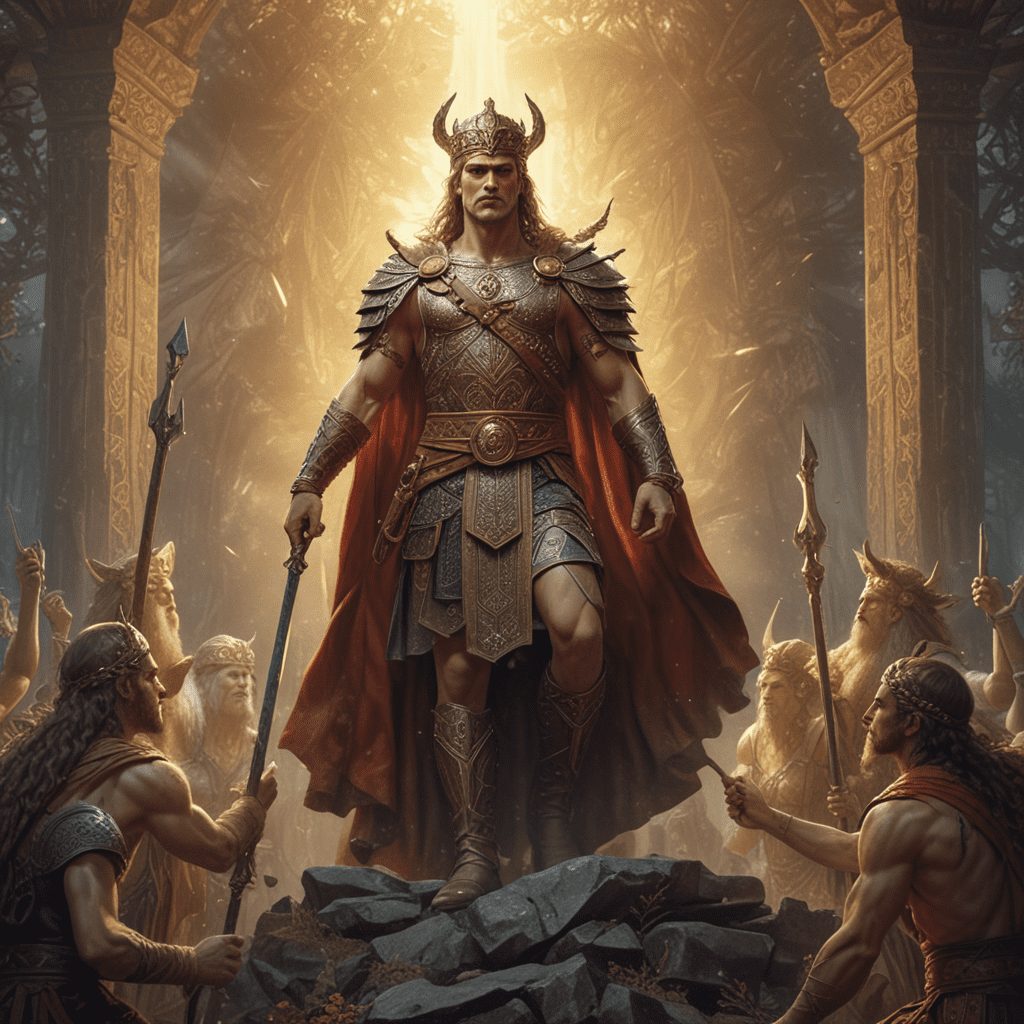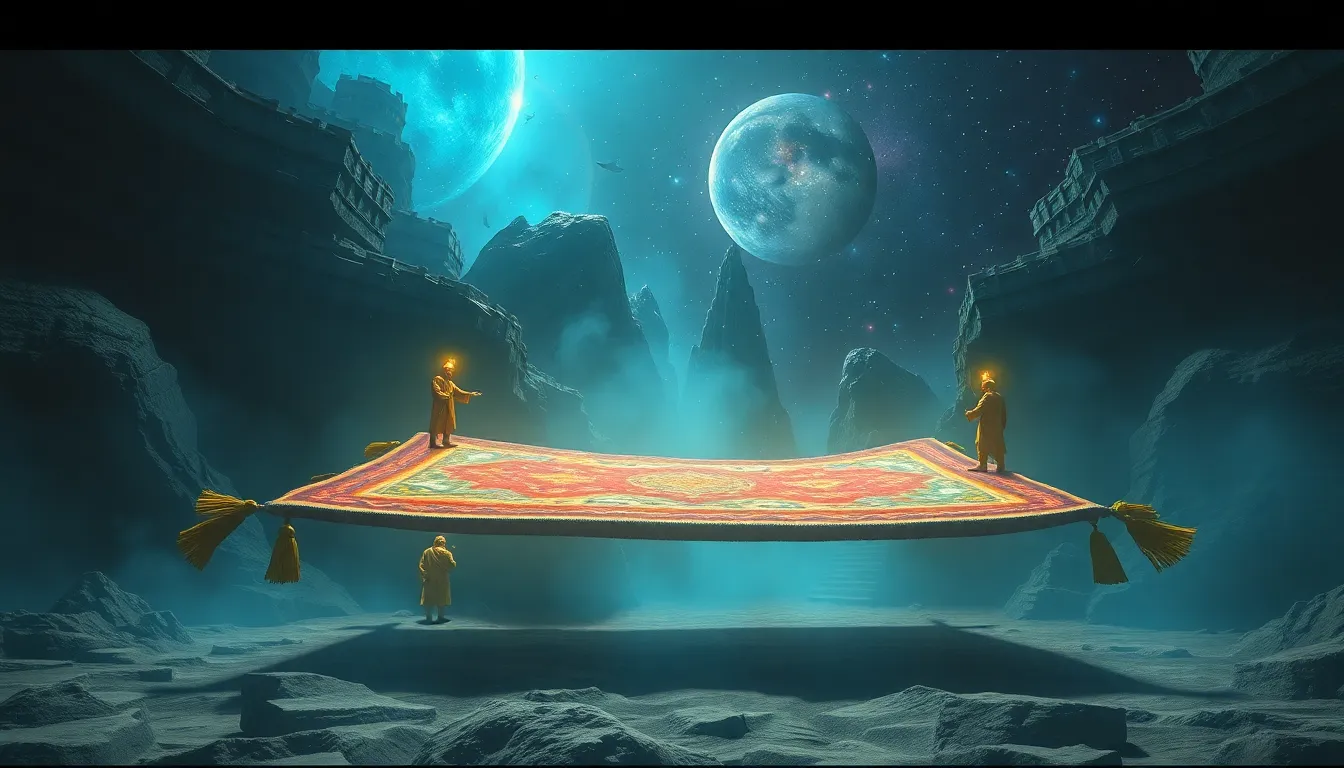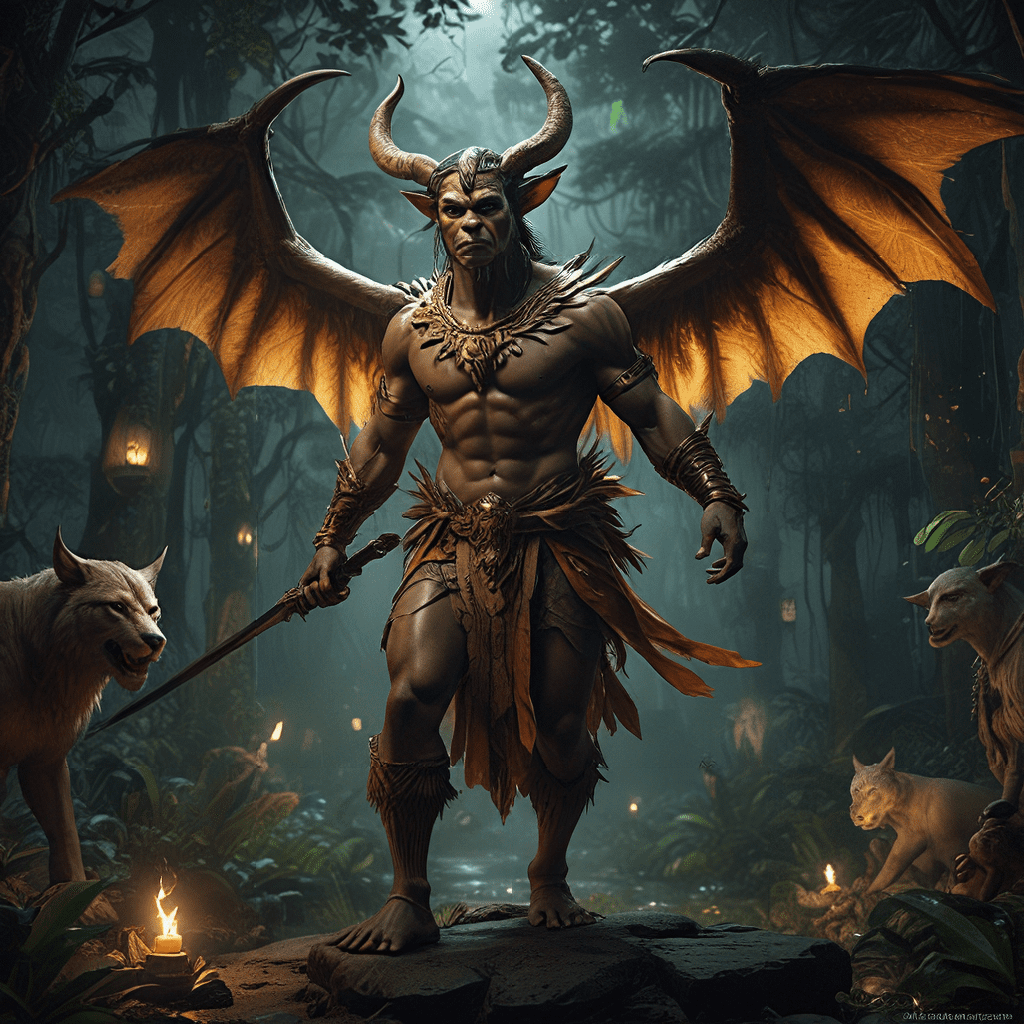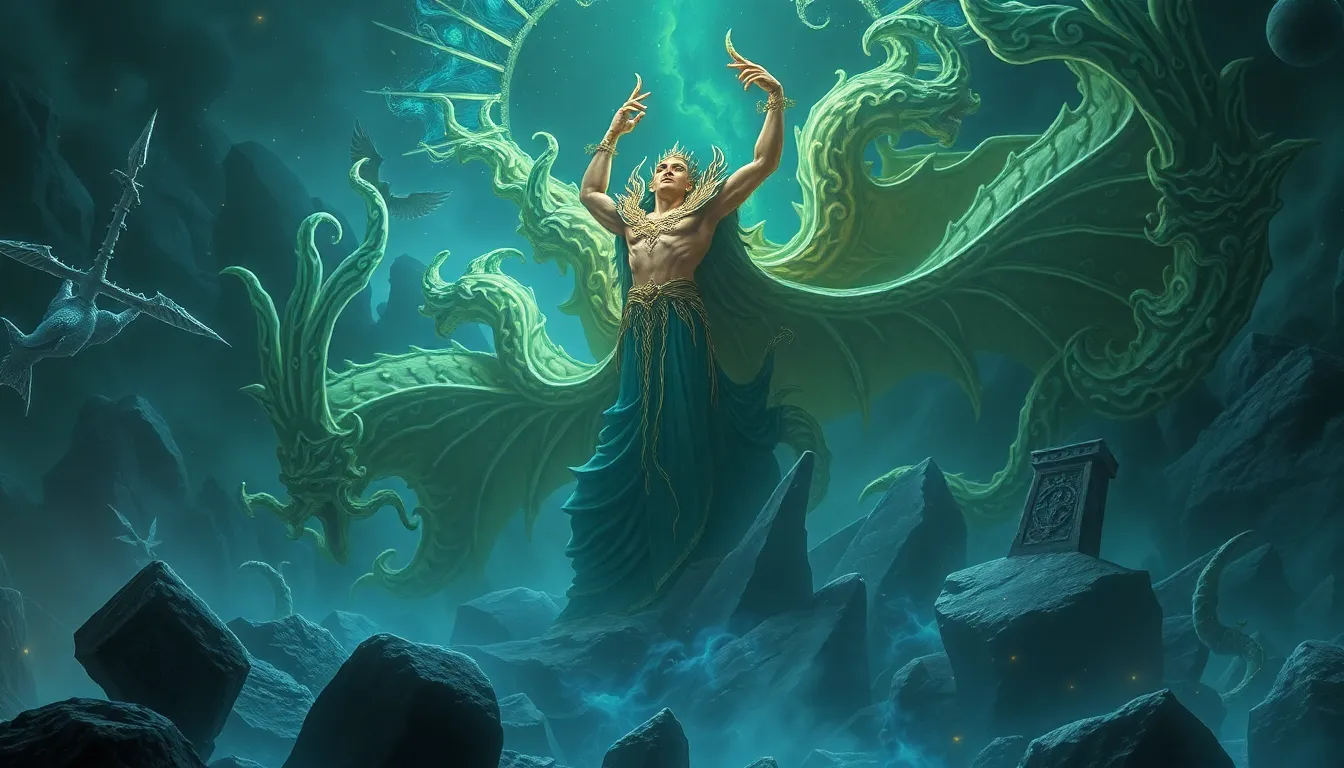The Concept of Power and Authority in Slavic Mythology
1. Introduction
In the realm of Slavic mythology, power and authority held immense significance, shaping the beliefs and practices of ancient Slavic peoples. These concepts were deeply intertwined with the divine, ancestors, rituals, nature, language, and community. Understanding the dynamics of power and authority in Slavic mythology offers insights into the cultural and spiritual values of this fascinating civilization.
2. Divine Power and Sovereignty
The Slavic pantheon was dominated by the supreme deity Rod, the creator and ruler of the universe. Rod's power extended over all aspects of existence, from the celestial realm to the earthly world. Other deities, such as Perun, the god of thunder, and Veles, the god of the underworld, possessed specific domains and powers. Their authority was recognized and respected by both humans and spirits.
3. Power of the Ancestors
The Slavic people held a deep reverence for their deceased ancestors, believing that they continued to exist in the spirit world and could influence the lives of the living. Ancestors were seen as guardians of tradition, protectors of the community, and mediators between the human and divine realms. Their power was invoked through rituals and prayers, seeking their guidance and support.
6. Power of Words and Language
In Slavic mythology, the spoken word was believed to possess potent power. Charms, curses, and incantations were uttered to manipulate the forces of nature, influence the actions of others, and even heal the sick. Words were seen as vehicles for conveying divine power and invoking the aid of spirits. The ability to wield the power of language was highly respected and often attributed to shamans, sorcerers, and wise women.
7. Symbolism of Power
Various artifacts, objects, and animals were imbued with symbolic significance, representing power and authority in Slavic mythology. For instance, axes were associated with the god Perun and his power over thunder and lightning. The horse was considered a sacred animal, symbolizing strength, vitality, and the ability to traverse the realms of the living and the dead. Jewelry, such as bracelets and necklaces, was often adorned with protective symbols, believed to ward off evil spirits and enhance the wearer's personal power.
8. Power Struggles and Resistance
славянской мифологии, отношения власти не были статичными. Боги, духи и мифические существа часто вступали в конфликты, оспаривая власть и влияние. Герои и хитрецы выступали как бросившие вызов устоявшимся властным структурам. Эти конфликты отражали динамичный характер власти и ее постоянную трансформацию.
9. The Power of Community
In Slavic mythology, the community played a vital role in the exercise of power. Collective decision-making was practiced, and elders and leaders were respected for their wisdom and experience. Rituals and festivals served as expressions of communal power, bringing people together to celebrate, honor ancestors, and maintain social cohesion. The strength of the community was seen as a protective force against external threats and a source of empowerment for its members.
10. Transformation and Evolution of Power
The concept of power in Slavic mythology was fluid and evolving. Power structures were not fixed but rather subject to constant change. Deities could rise and fall in prominence, and new rituals and beliefs emerged over time. This adaptability allowed Slavic mythology to remain relevant and dynamic, reflecting the changing needs and circumstances of its people. The power dynamics within the Slavic pantheon and the relationship between humans and the divine underwent continuous transformation, shaping the mythological landscape throughout history.
FAQ
What is the difference between power and authority in Slavic mythology?
Power refers to the ability to exert influence and control, while authority is the legitimate right to do so. In Slavic mythology, power could be acquired through divine favor, ancestral connections, rituals, or natural forces. Authority, on the other hand, was often associated with specific deities, elders, or leaders who were recognized as having the right to rule or guide others.
Who were the most powerful deities in Slavic mythology?
Rod, the supreme deity, was considered the most powerful. Other powerful deities included Perun, the god of thunder; Veles, the god of the underworld; and Svarog, the god of fire and metalworking.
How did Slavic people use rituals to acquire power?
Rituals, such as sacrifices, incantations, and dances, were believed to connect humans with the divine and enable them to access supernatural forces. By performing rituals, individuals could seek protection, healing, or influence the course of events.
What role did nature play in Slavic mythology?
Nature was seen as a powerful force, inhabited by spirits and deities. Natural phenomena, such as storms, lightning, and the changing seasons, were believed to be manifestations of divine power. Humans could interact with nature through rituals and offerings, seeking its favor or protection.
How did the concept of power evolve in Slavic mythology?
The concept of power in Slavic mythology evolved over time, reflecting changes in social structures and beliefs. Initially, power was concentrated in the hands of deities and ancestral spirits. However, as Slavic societies became more complex, the concept of authority emerged, and power became more distributed among leaders, elders, and community members.




